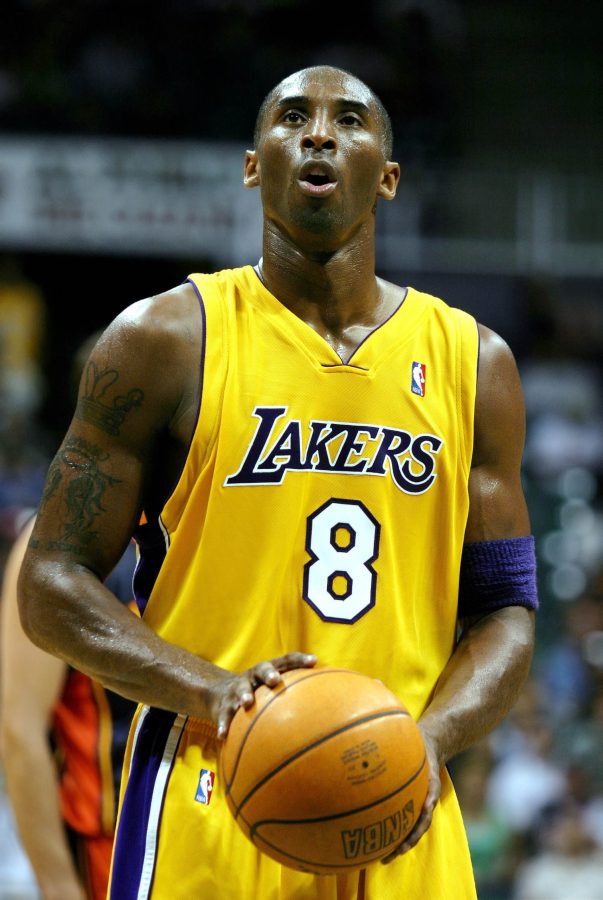I was driving back from a church event when I heard the news. “Hey, Anna Grace,” my boyfriend said, reading the notification on his phone. “Kobe Bryant just died unexpectedly in a helicopter crash.”
I almost swerved off the road in surprise. As I watched SportsCenter later that night, read articles from different sources and listened to podcasts about the life and legacy of Kobe Bryant, I marveled at the way the death of this superstar has stunned our entertainment-saturated, celebrity-exalting culture into sobriety.
Later, as I scrolled through social media reactions to Bryant’s death, most of them from secular sources, I began to notice a theme. “Some things are bigger than basketball.” “Prayers up for the Bryant family.” “Go tell your family you love them because you never know what might happen.”
People were talking about things that actually matter—God, faith, prayer, love. Reading those posts, I was reminded of Ecclesiastes 7:2, where Solomon said, “It is better to go to the house of mourning, than to go to the house of feasting: for that is the end of all men; and the living will take it to heart.”
One of the results of death, especially the unexpected death of someone as world-renowned and revered as Kobe Bryant, is that it causes us to stop and think about our own mortality.
We’ve all heard Kobe Bryant’s story by now. As a competitor, as a perseverer, as a winner, as a father, the “Black Mamba” captured the hearts of basketball fans around the world. Through sheer willpower, he consistently outplayed and outcompeted his opponents.
But you can’t outplay or outcompete death. “I fell in love with you. A love so deep I gave you my all— From my mind and body To my spirit and soul.” 1 No, those aren’t the words of a lovestruck boyfriend. They’re words from Kobe Bryant’s award-winning short film, Dear Basketball.
Without minimizing Bryant’s achievements, his love for his family and their grief over the loss of their father and sister, what does this poem reveal about his ultimate commitments?
As Christians we can admire his excellency, his God-given skills and his desire to invest in the next generation as reflections of God’s image and His common grace.
However, as I considered this poem and Bryant’s life, I was struck with the reality that Kobe Bryant, for all his on and off-court successes, was not a man that the Bible would consider a role model for Christians.
Yes, he was an incredible competitor and seemingly a great father, but even the secular world admits the reality that his legacy is complicated by rifts with teammates, and most notably, by sexual abuse allegations.
This was a man who was unfaithful to his wife, whose pride often caused tensions with others and who ultimately lived his life for the sake of a game. Of course, it’s relatively easy for me to write that, never having met the man and not knowing the eternal state of his heart. There are a lot of things that we just can’t know.
But here’s something we do know as Christians, something that I think any death should remind us of: “If ye then be risen with Christ, seek those things which are above, where Christ sitteth at the right hand of God. Set your affections on things above, not on things on the earth” (Col. 3:1-2).
Kobe Bryant’s death reminds us that ultimately this is not our home. Ultimately, basketball is just a game. Ultimately, what we value most should be that which is eternal. So, as James says, consider your life. What are you living for?
1Source: www.theplayerstribune.com/en-us/articles/dear-basketball





















































